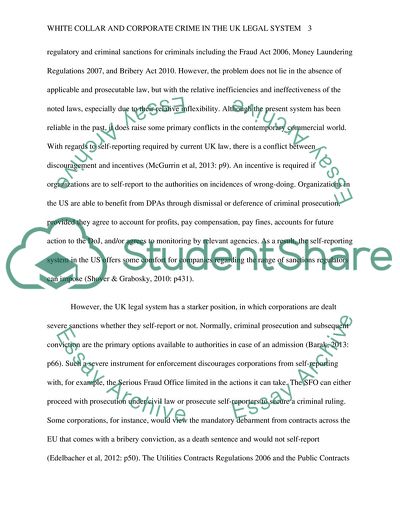Cite this document
(White Collar and Corporate Crime in the UK Legal System Coursework, n.d.)
White Collar and Corporate Crime in the UK Legal System Coursework. https://studentshare.org/law/1852206-crime-and-criminality
White Collar and Corporate Crime in the UK Legal System Coursework. https://studentshare.org/law/1852206-crime-and-criminality
(White Collar and Corporate Crime in the UK Legal System Coursework)
White Collar and Corporate Crime in the UK Legal System Coursework. https://studentshare.org/law/1852206-crime-and-criminality.
White Collar and Corporate Crime in the UK Legal System Coursework. https://studentshare.org/law/1852206-crime-and-criminality.
“White Collar and Corporate Crime in the UK Legal System Coursework”. https://studentshare.org/law/1852206-crime-and-criminality.


